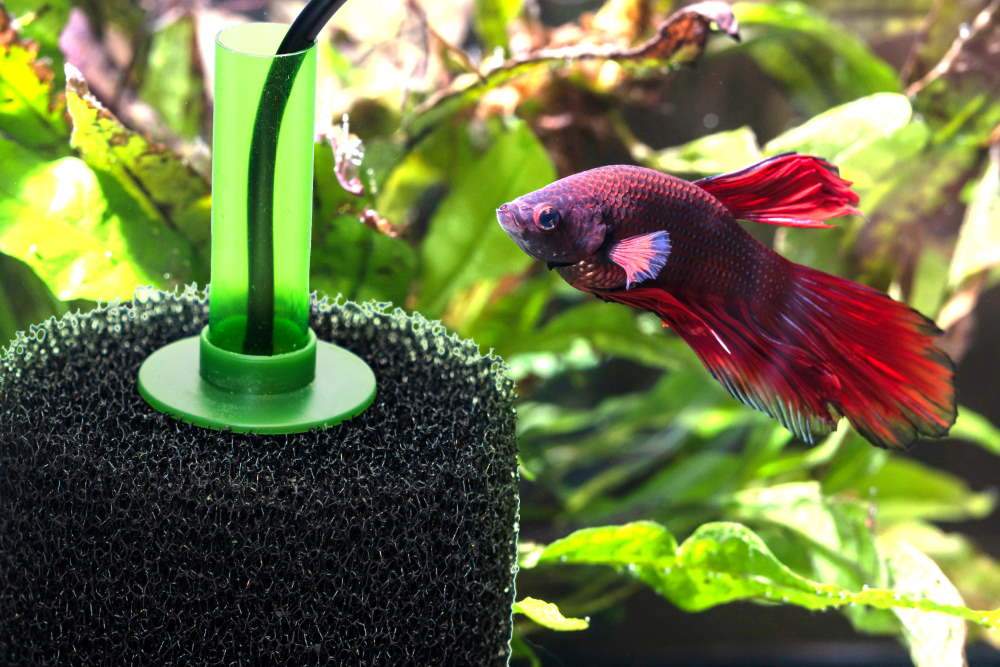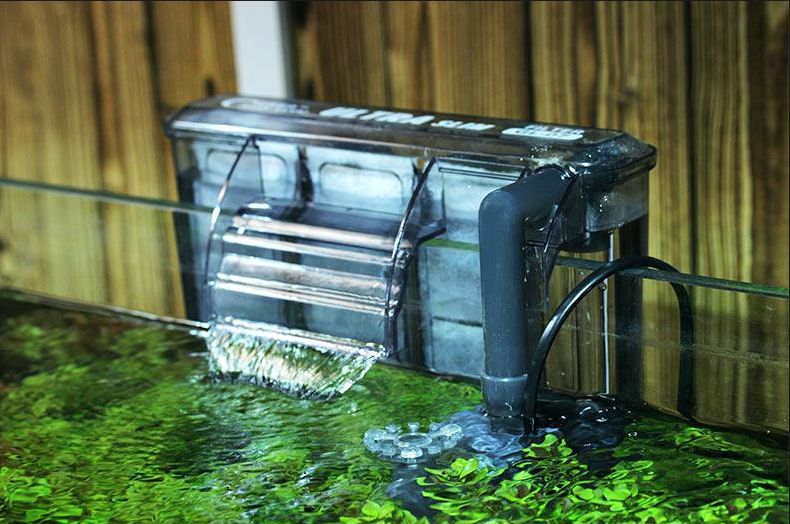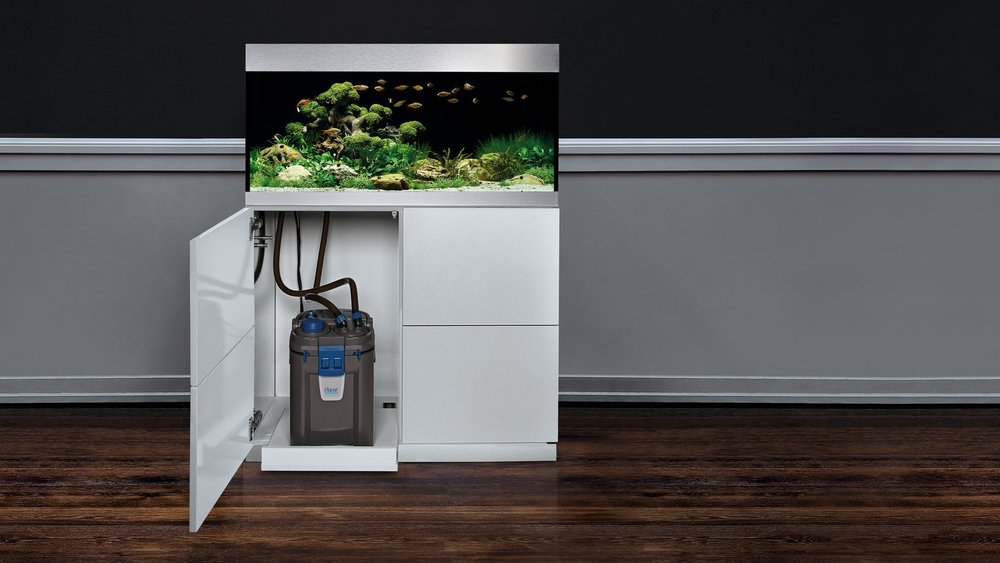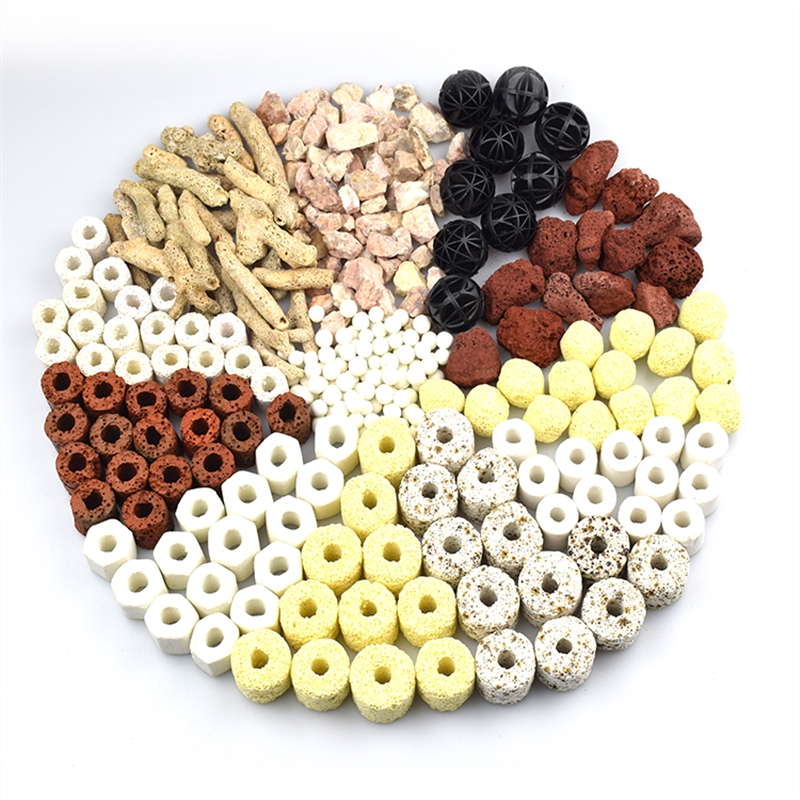Sponge filters are a popular type of aquarium filter that use a sponge as the primary filtering media. Here are some pros and cons of using a sponge filter:
Pros:
- Efficient biological filtration: Sponge filters are excellent at providing biological filtration by promoting the growth of beneficial bacteria that break down harmful waste products in the water.
- Safe for fry and shrimp: Sponge filters are a gentle filtration option that won’t harm baby fish or shrimp, making them ideal for breeding tanks or aquariums with delicate aquatic life.
- Easy to clean and maintain: Sponge filters are simple in design and easy to clean. All you need to do is squeeze out the sponge in a bucket of aquarium water and rinse it with tap water.
- Cost-effective: Sponge filters are one of the most affordable types of aquarium filters available on the market, making them accessible to hobbyists on a budget.
Cons:
- Limited mechanical filtration: Sponge filters are not as effective at removing debris from the water as other types of filters, such as canister filters or power filters. This means that they may require more frequent cleaning to maintain water quality.
- Limited water flow: Sponge filters are not designed to handle high volumes of water flow, which can be a drawback for larger aquariums or those with high fish populations.
- Aesthetics: Sponge filters are not the most attractive type of aquarium filter, and some hobbyists may prefer more visually appealing options.
Overall, sponge filters are an excellent choice for aquariums with fry or delicate aquatic life that require gentle filtration. They are also an affordable and easy-to-maintain option for smaller aquariums. However, they may not be suitable for larger aquariums or those with high fish populations that require more powerful filtration.
![]()




